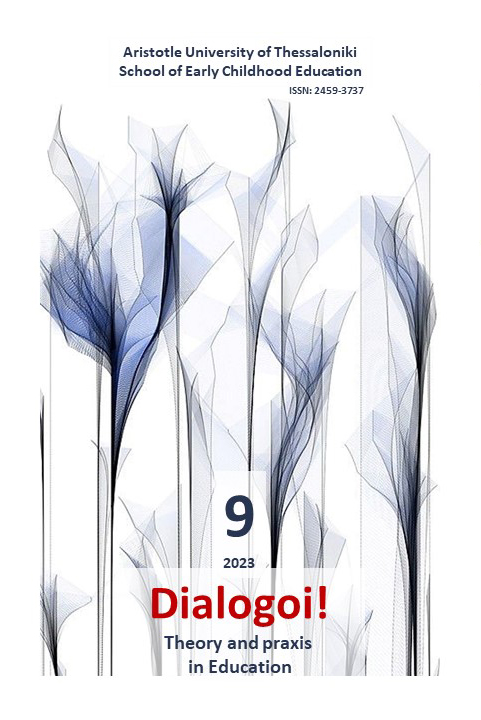Types of parental supervision in preschool children's internet use: an empirical study

Abstract
New technologies are increasingly used throughout the Greek and worldwide reality and have spread to younger ages such as the preschool age group. The present research aims to investigate the use of electronic devices by preschool aged children as well as the style of parental supervision (parental warmth and parental control) that is being exercised. A tested and reliable questionnaire was used on 149 parents of children aged 3 to 6 years old. The results indicated that the main motives of the parents for the above-mentioned use is entertainment, education and familiarization with new technologies. The parents demonstrate almost equal parental warmth and parental control in their supervision of the electronic devices. The group of the balanced parents outnumbers the group of the authoritative, the permissive and the laissez-faire parents. The group of authoritarian parents does not come up at all in the present study in contrast to other research studies in European countries. In relation to the children’s demographic characteristics, boys and children aged 4 to 4.5 years appeared to be more controlled and supported by their parents. Furthermore, the more the children in a family, the less supervision in being exercised by the parents.
Article Details
- How to Cite
-
Κασιμίδου Α. (2023). Types of parental supervision in preschool children’s internet use: an empirical study. Dialogoi! Theory and Praxis in Education, 9, 227–246. https://doi.org/10.12681/dial.34051
- Issue
- Vol. 9 (2023)
- Section
- New researchers

This work is licensed under a Creative Commons Attribution-NonCommercial-ShareAlike 4.0 International License.
Authors who publish with this journal agree to the following terms:
- Authors retain copyright and grant the journal right of first publication with the work simultaneously licensed under a Creative Commons Attribution Non-Commercial License that allows others to share the work with an acknowledgement of the work's authorship and initial publication in this journal.
- Authors are able to enter into separate, additional contractual arrangements for the non-exclusive distribution of the journal's published version of the work (e.g. post it to an institutional repository or publish it in a book), with an acknowledgement of its initial publication in this journal.
- Authors are permitted and encouraged to post their work online (preferably in institutional repositories or on their website) prior to and during the submission process, as it can lead to productive exchanges, as well as earlier and greater citation of published work (See The Effect of Open Access).


